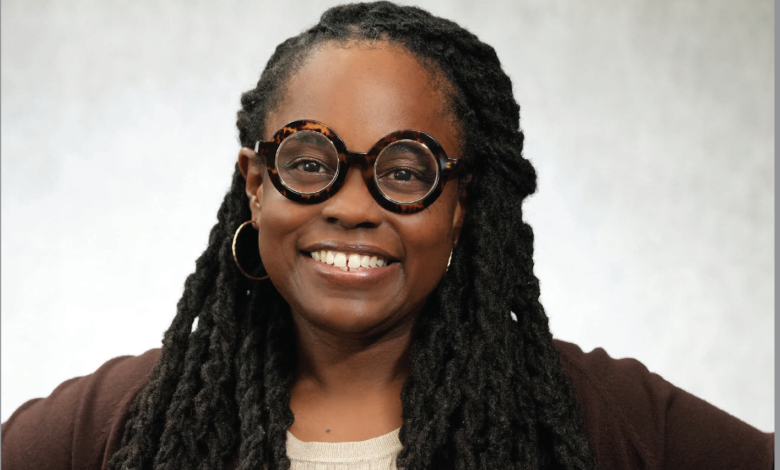
New faculty hired amid union contention, concerns
By Jay Roberson
Transitioning into a new school year can be a stressful time for faculty as they begin their classes and research.
At Rider, professors face an added stressor: the looming possibility of potential layoffs as the university struggles financially.
During a time of unknowingness for current faculty members, Rider has hired 14 professors to programs with growing enrollment numbers in an effort to attract students.
Rider’s American Association of University Professors Chapter President Quinn Cunningham spoke about the ways in which potential layoffs are affecting newly hired faculty members.
“We are constantly trying to attract new talent and people that are going to hopefully come to Rider and stay here for a long time and be good colleagues,” said Cunningham. “Then, to have to come into this year with the threat of layoffs, I can only imagine is extremely stressful.”
Some of the programs new faculty are joining include marketing, mathematics, social work, nursing and more.
New faculty member Tiffany Rikard, a professor of leadership and counseling, was unaware of the tensions between faculty and administration, but is looking to join the AAUP.
Rikard said, “In North Carolina, we also don’t have unions, so things are a little different, and I’m learning that.”
After teaching an undergraduate program at Pfeiffer University, Rikard decided to come to Rider because of an opportunity to teach a graduate program, and her family lives in the area.
“I’m really not aware of a lot of what’s going on. Maybe if I had more information about that, I don’t know what my level of concern would be,” said Rikard.
Longtime faculty member and professor of music theory and composition Joel Phillips, who is leaving the university after this school year, expressed disappointment in Rider’s administration, saying he didn’t have a choice but to take the early retirement incentive offered to professors.
“The first reason [to take the incentive] is, I have no more students to teach because they have destroyed our program. But the second reason is to protect my junior colleagues from being laid off,” said Phillips.
Through the period of uncertainty, the protection of junior staff members, who were hired more recently and are lower in rank, seem to be the AAUP’s main concern.
Phillips said, “I can retire and they can’t. Therefore I will leave, and it will help to protect them. But [Westminster Choir College] is in such dire straits now that the protection is temporary still.”
Similarly, Cunningham explained some of the ways that she hopes to help the junior faculty members through this period.
Cunningham said, “We really try to protect our junior faculty as much as we can through some of this, so to make sure they’re getting all the information they need and to make sure they understand what’s going on. But we’re also trying to let them just focus on getting those first classes going.”
Phillips emphasized that he did not want to leave his career as early as he did, as he felt he was in his prime years of teaching.
“That’s not the way you want to go out of a career, but there’s literally no choice. Right? My own original plan, if my health was good, I would have taught at least five more years,” said Phillips.
Through his years teaching at WCC, Phillips saw a number of majors and programs disappear, and he says this has only discouraged faculty and students.
“The people I had recruited, the school actually sent letters to them and said, you know, we’re just not going to do that anymore,” Phillips said. “You can still come if you want. We’re just not going to do it and I couldn’t believe that people still came.”
As more faculty are hired in the midst of a financial deficit, Cunningham spoke about how it is more worth it than not to join the AAUP. Those who opt out of joining the union pay related fees, but they get sent to the AAUP office and are distributed elsewhere.
“If you were a conscientious objector, you still pay the dues, but it goes to a scholarship fund,” said Cunningham.
Attempting to save junior faculty from layoffs through the early retirement incentive and keeping them informed is all that the AAUP can do to help them at the moment. Phillips reflected on his 39 years at WCC and his time at Rider, while entering his final year of teaching, although it’s a choice he didn’t think he’d have to make.
“All those students I’ve had taught me so much,” said Phillips. “So, to have someone else come in and just destroy it all and not be able to do anything to stop it is really horrible. That’s just horrifying.”
Originally printed in the 9/13/23 issue.


